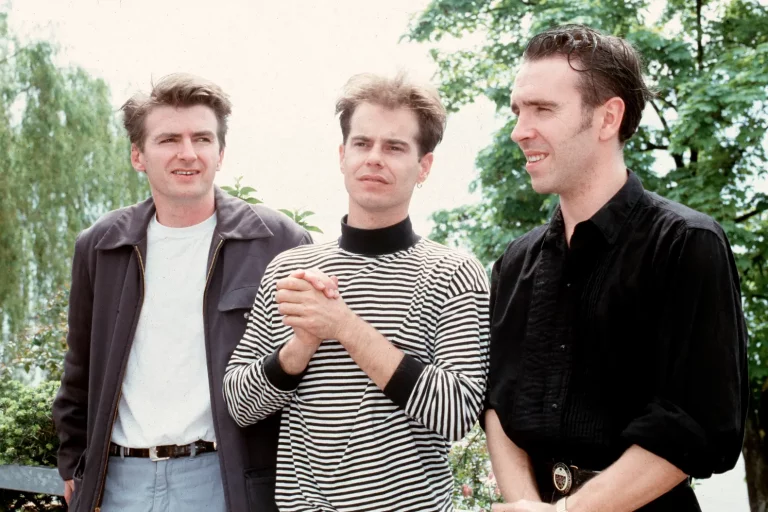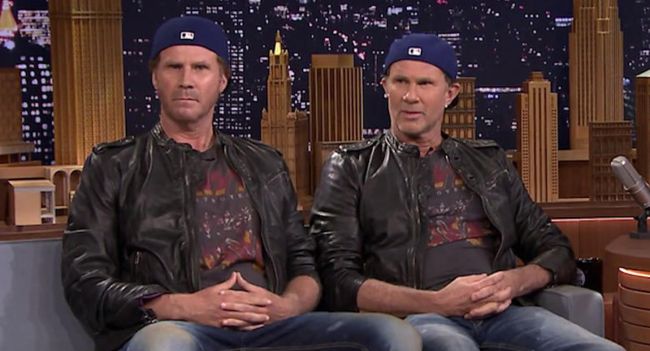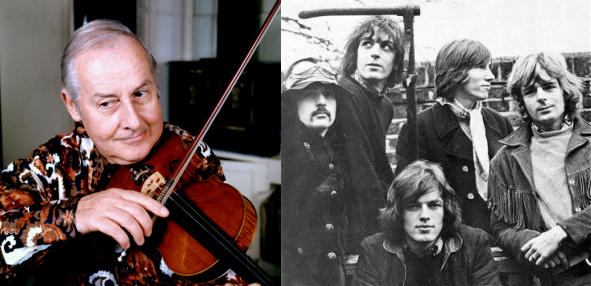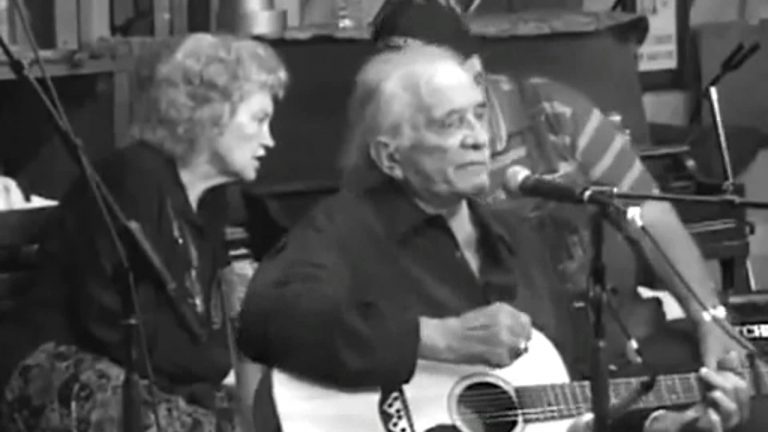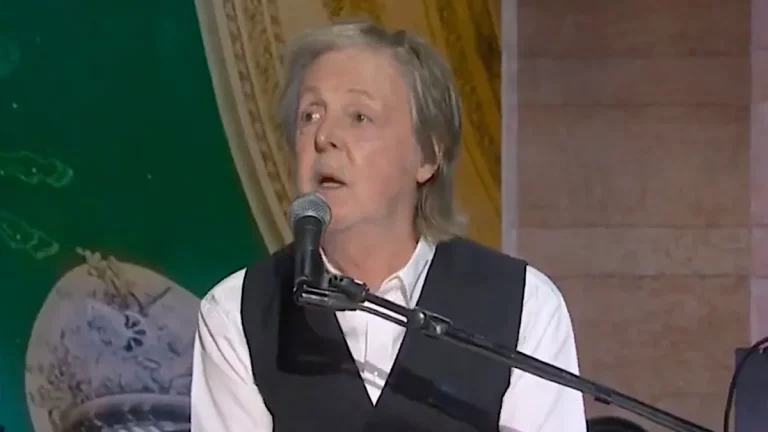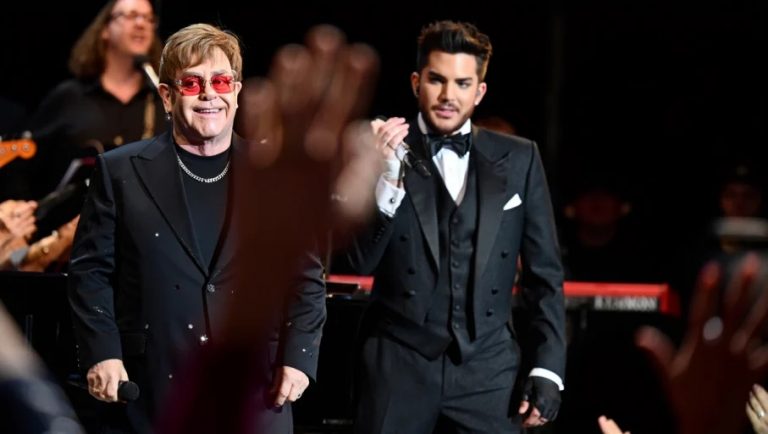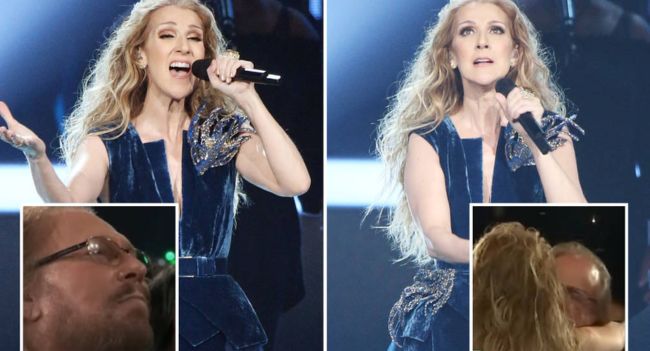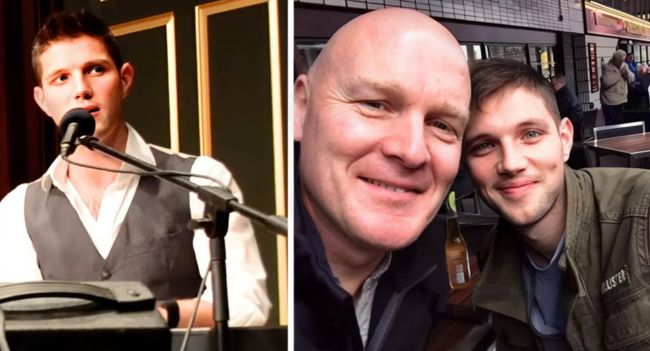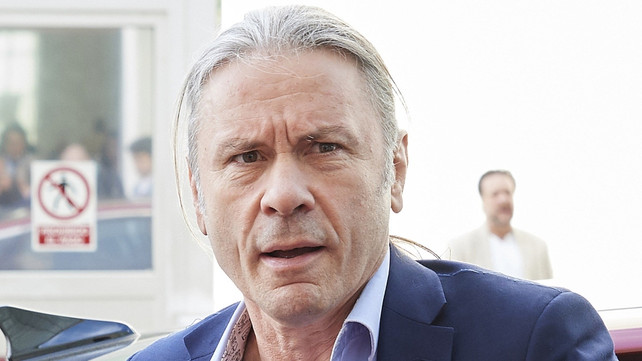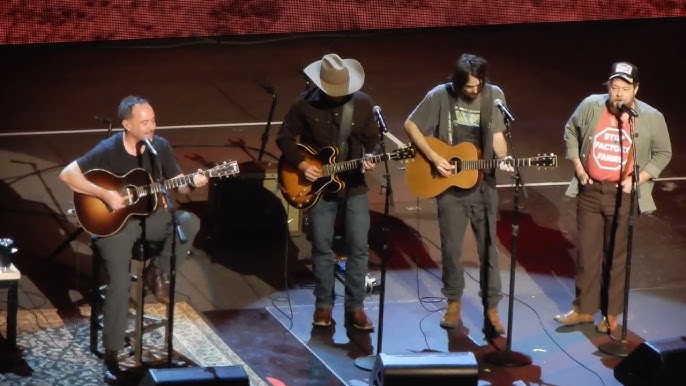hen Crowded House took to the Pyramid Stage at Glastonbury 2022, fans expected a journey through decades of hits. But no moment resonated more deeply than when Neil Finn and his band delivered their most iconic anthem — “Don’t Dream It’s Over.”
Released in 1986, the song has become a universal classic, cherished for its haunting melody and hopeful lyrics. At Worthy Farm in June 2022, it once again proved its timeless power.
This wasn’t just Crowded House as audiences first met them in the ’80s. Alongside founding members Neil Finn and Nick Seymour were Neil’s sons, Liam and Elroy, and longtime collaborator Mitchell Froom. The intergenerational lineup gave the set a new dynamic — a blend of legacy and renewal, past and future colliding on one stage.
The Performance That Stopped the Crowd
Midway through the band’s hour-long set, Finn strummed the opening chords of “Don’t Dream It’s Over.” Almost instantly, the Pyramid Stage crowd fell into a hush, only to rise together in a mass singalong. Thousands of voices echoed the song’s refrain — not as spectators, but as participants completing the performance.
Reviews described the scene as “a masterclass in songcraft and sentimentality.” Even Neil Finn paused to acknowledge the energy in the crowd, spotting a New Zealand “Laser Kiwi” flag waving proudly in the sea of festivalgoers.
The Legacy of a Song
More than 35 years after its release, “Don’t Dream It’s Over” remains a cultural touchstone. At Glastonbury 2022, Crowded House proved that great songs don’t just survive the decades — they grow, gathering new layers of meaning with every generation that sings them.
In that field, under the Somerset sky, the band and audience became one. And for anyone who witnessed it, “Don’t Dream It’s Over” wasn’t just performed — it was lived.

